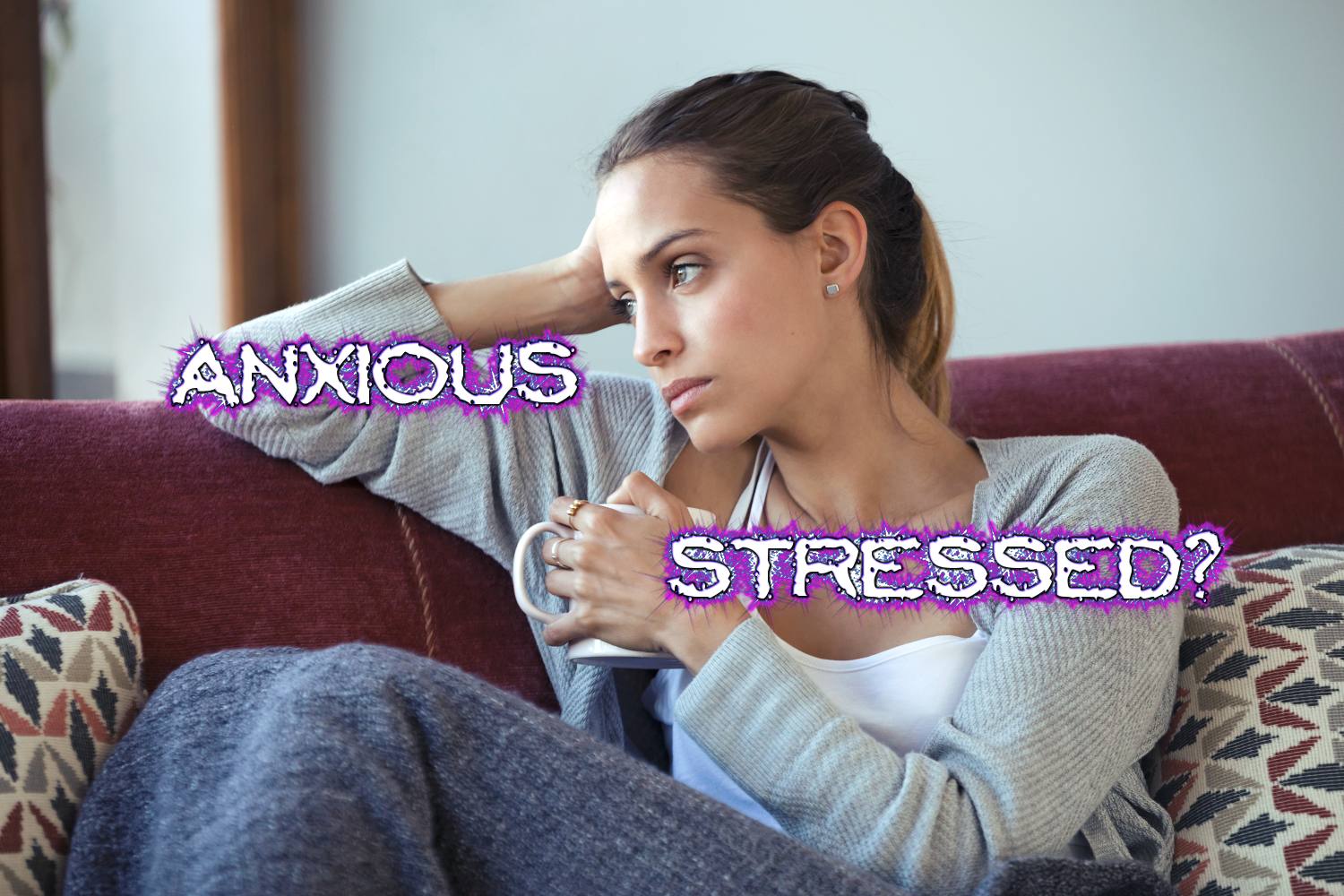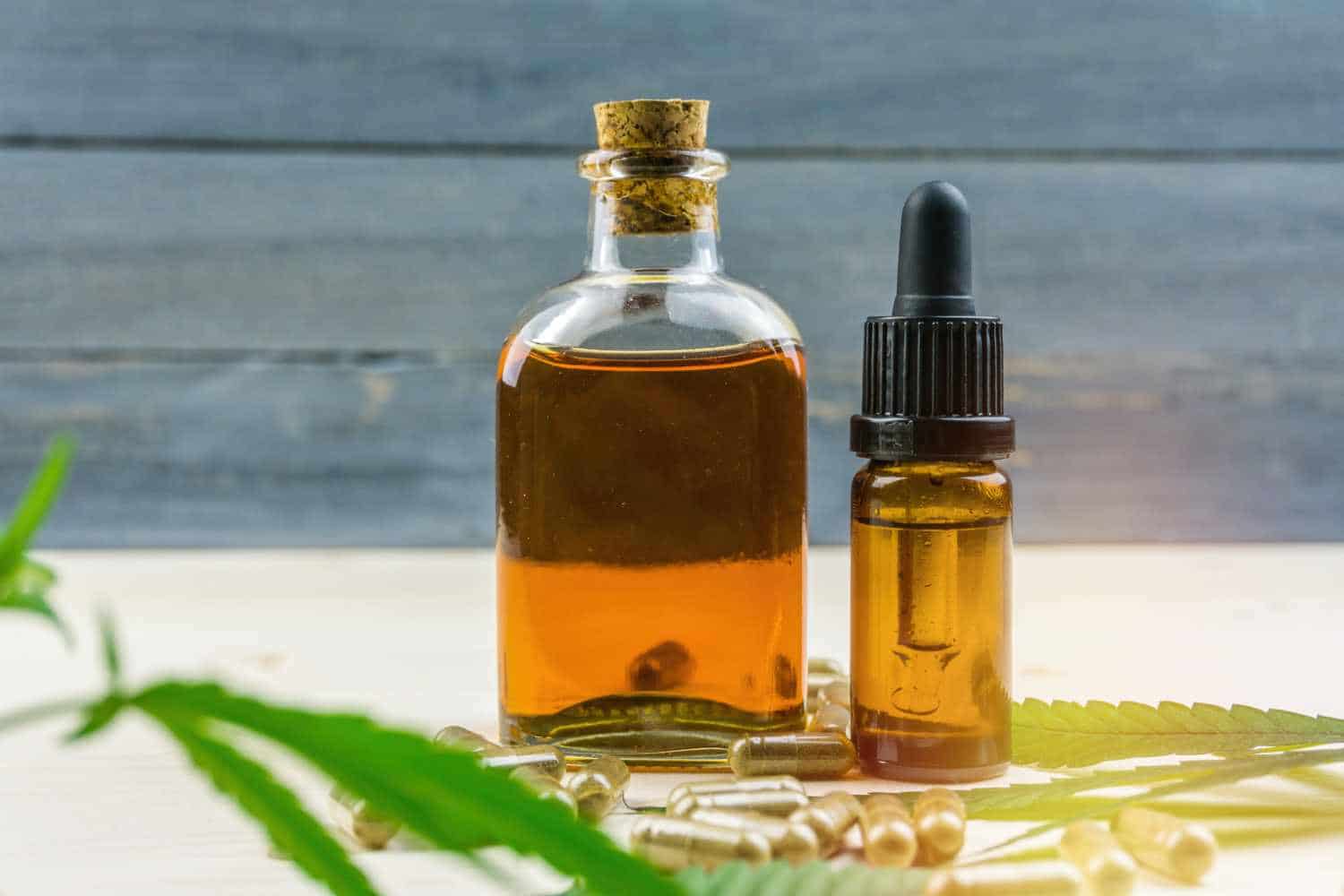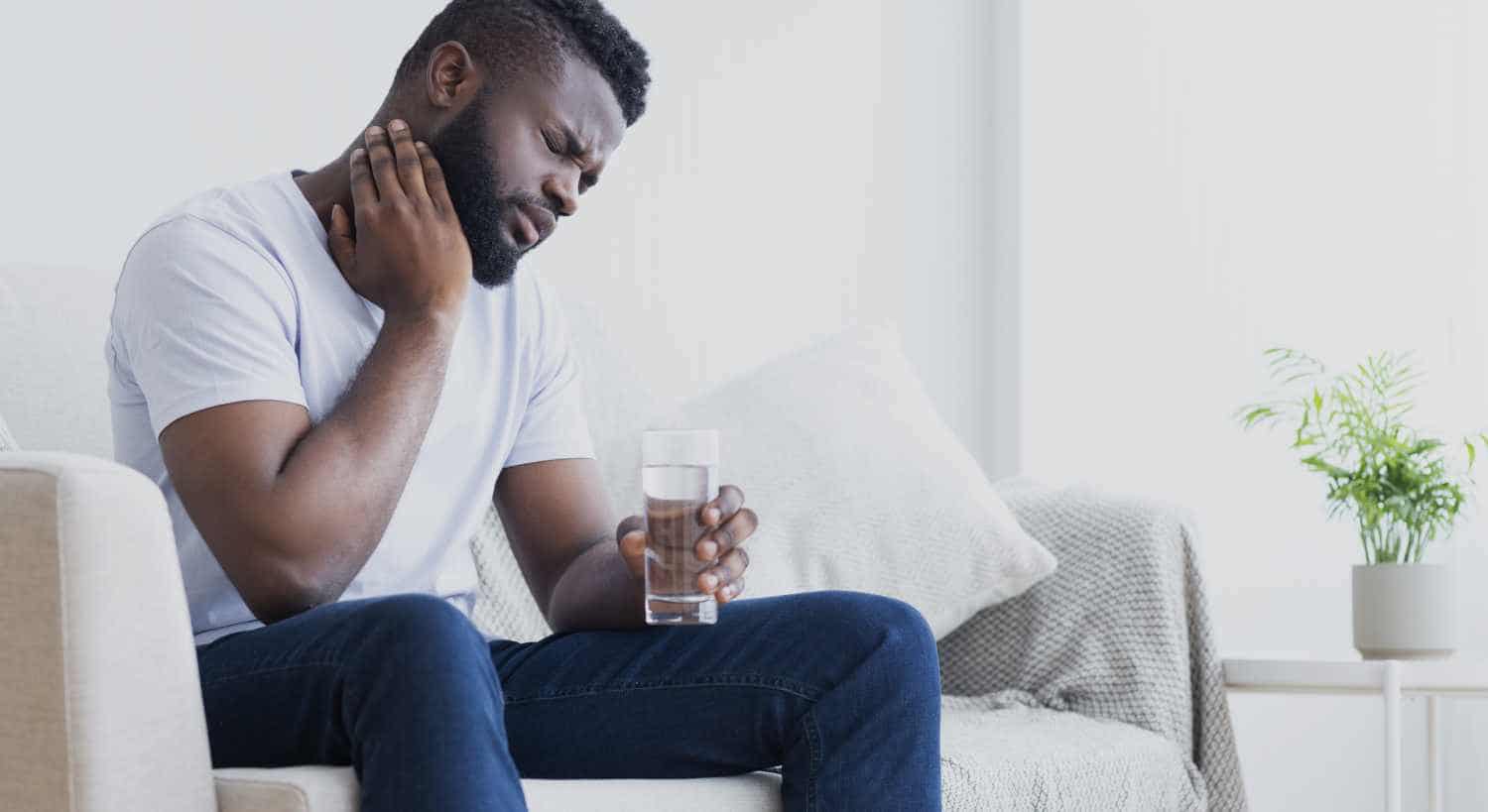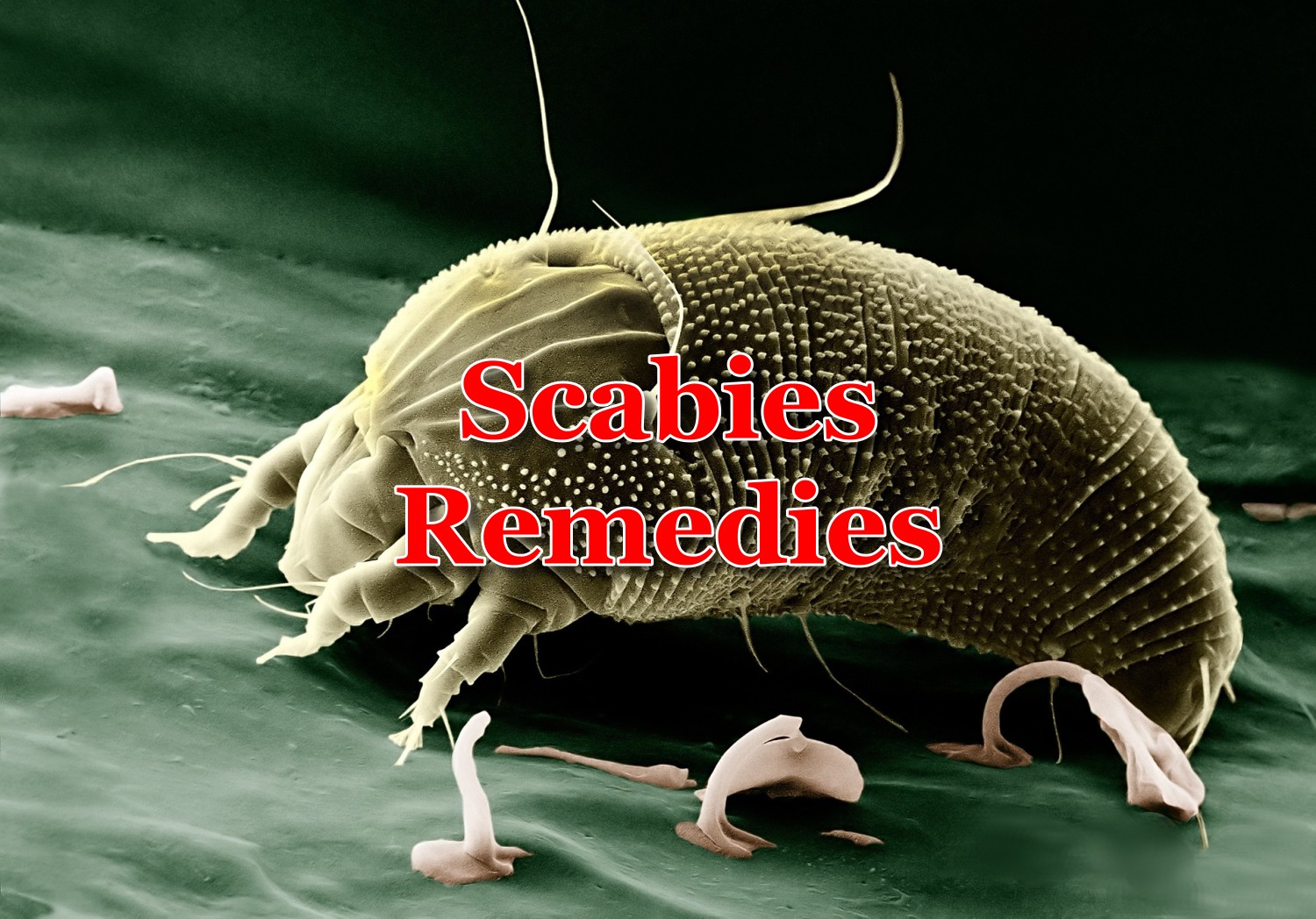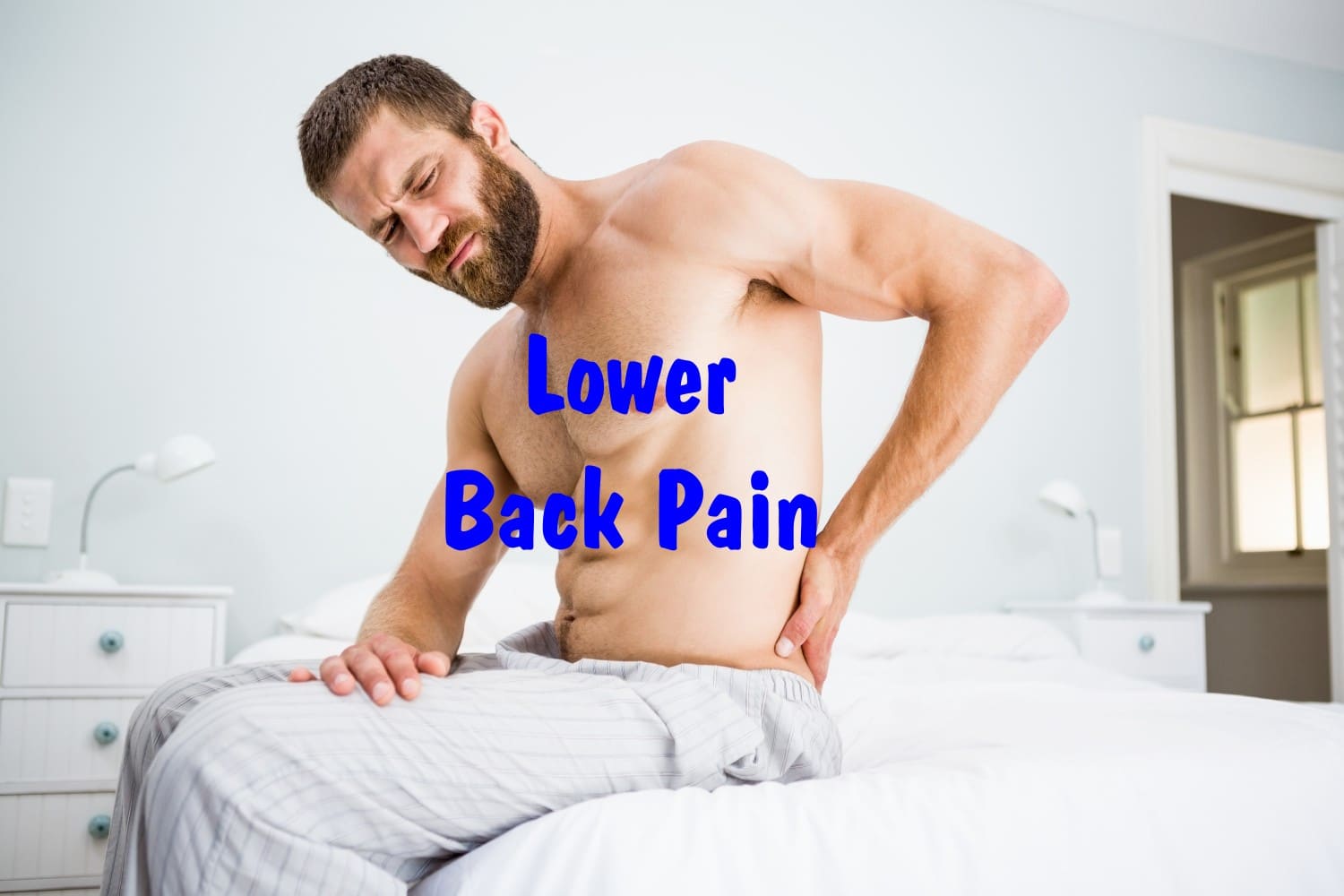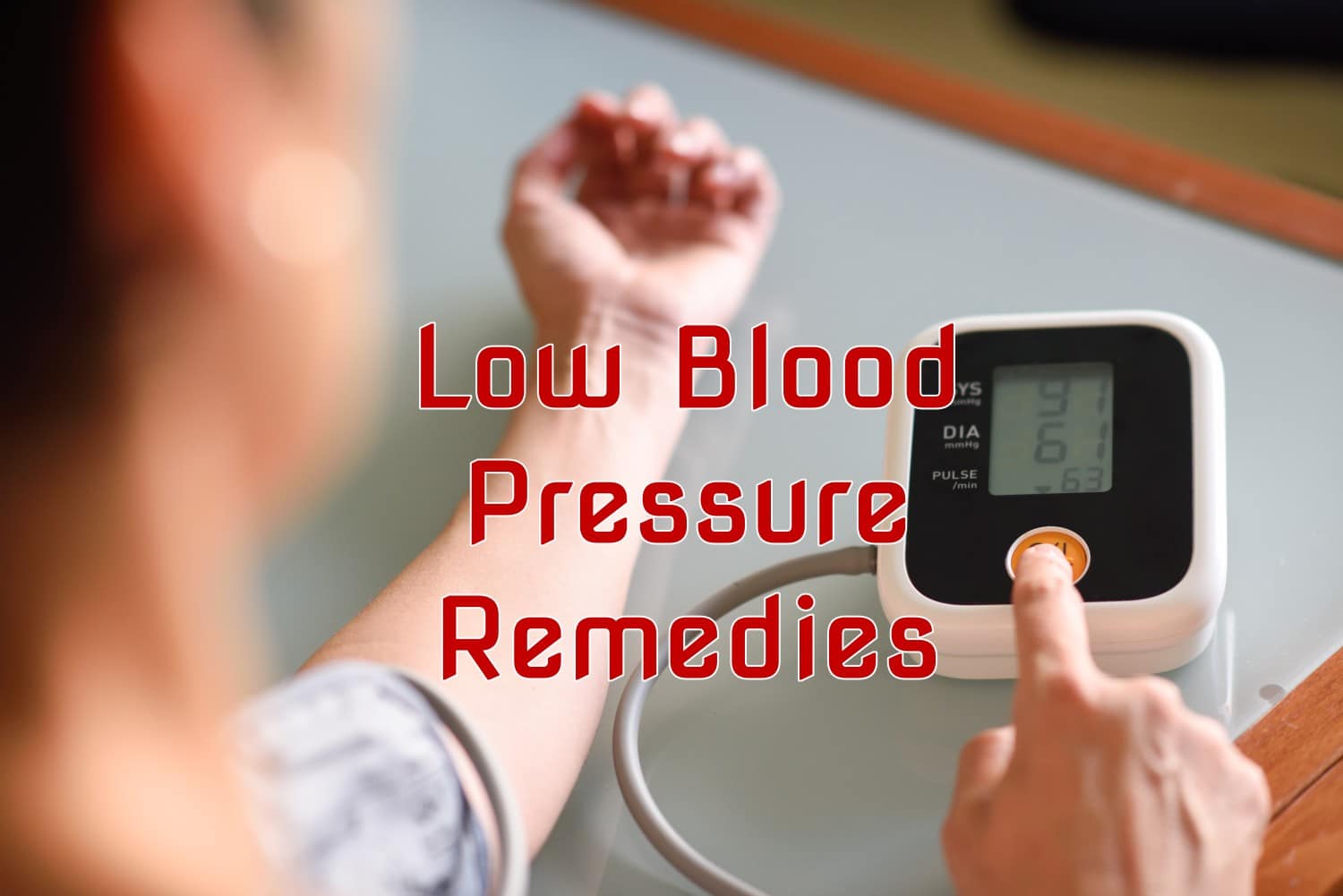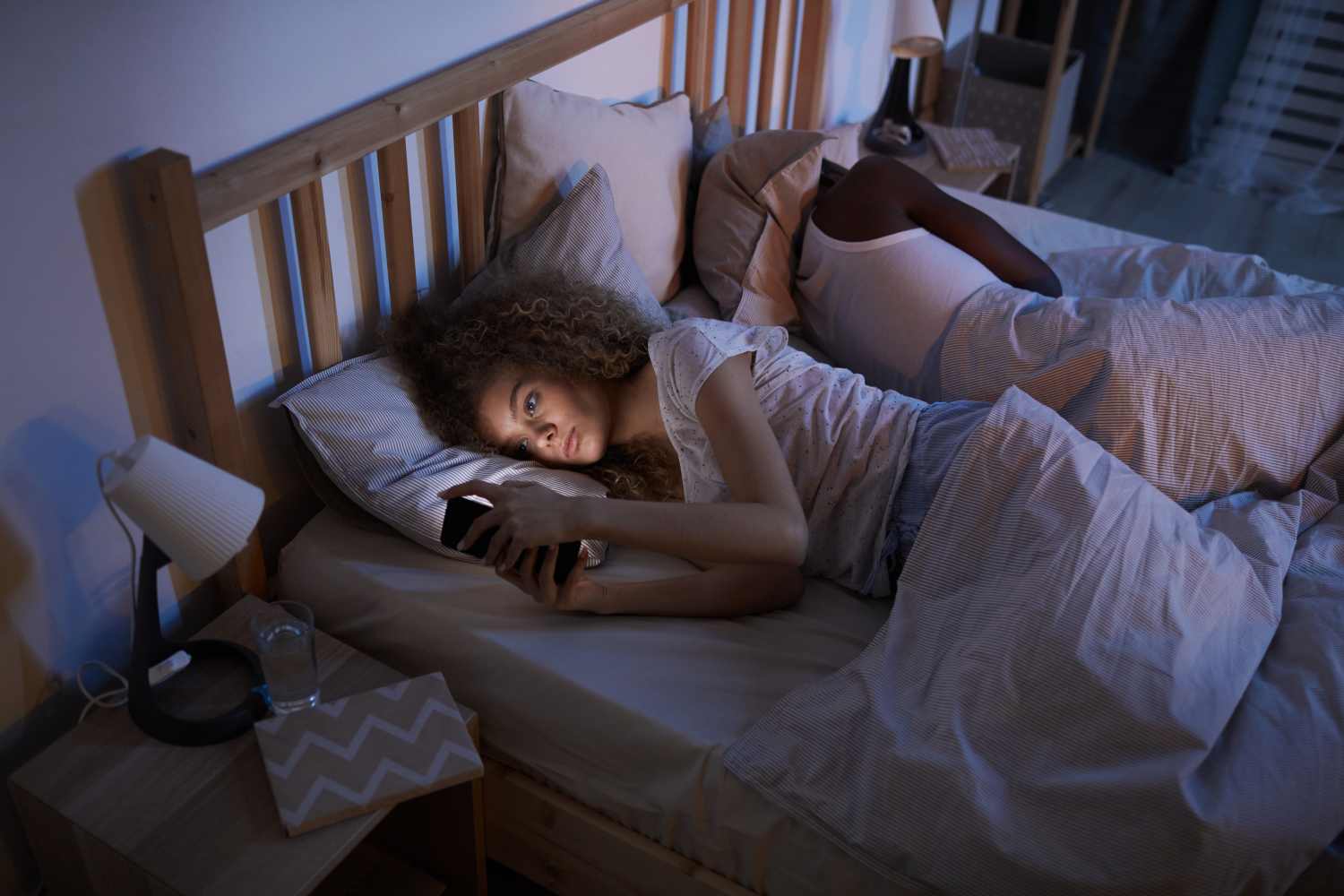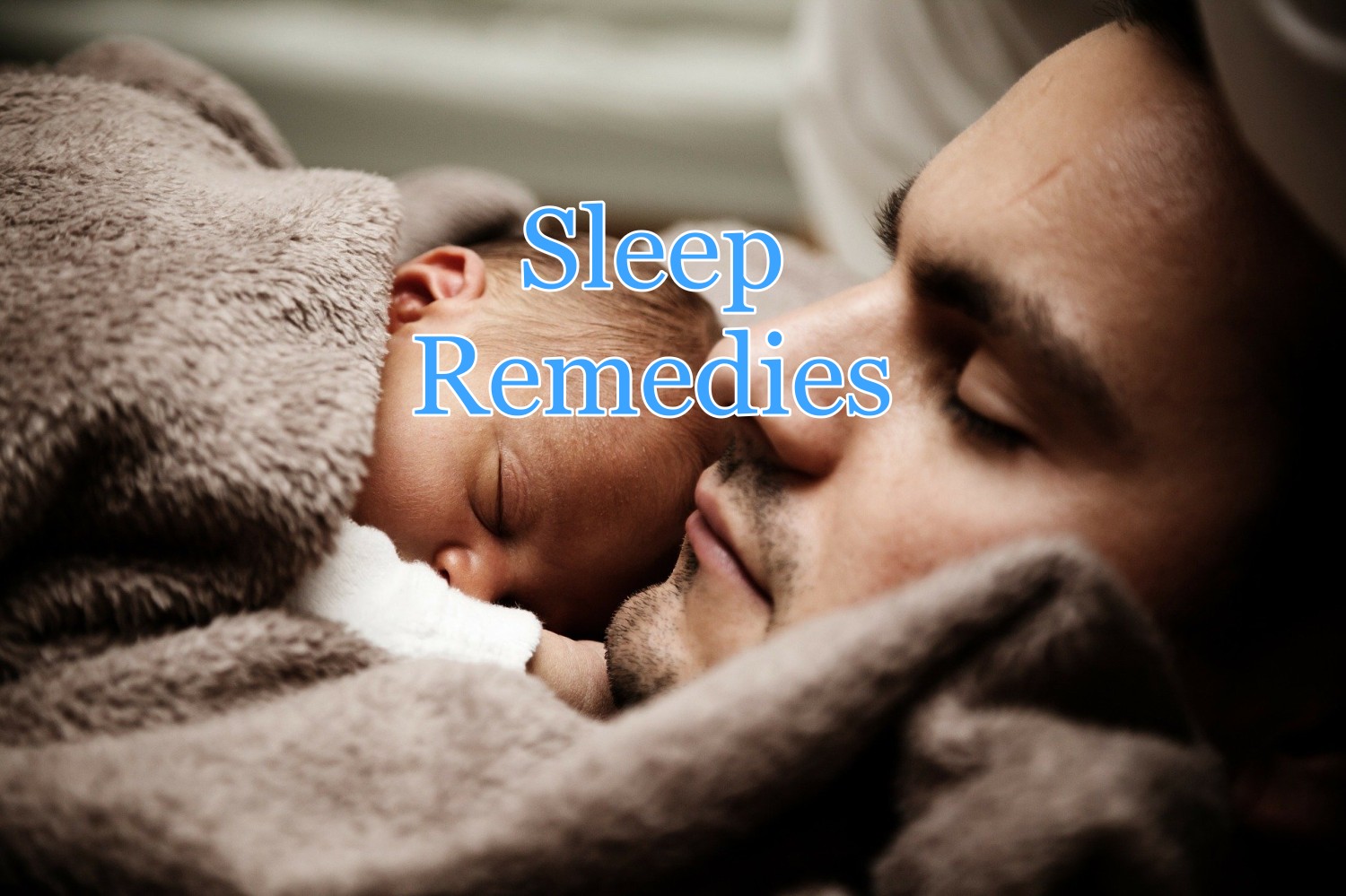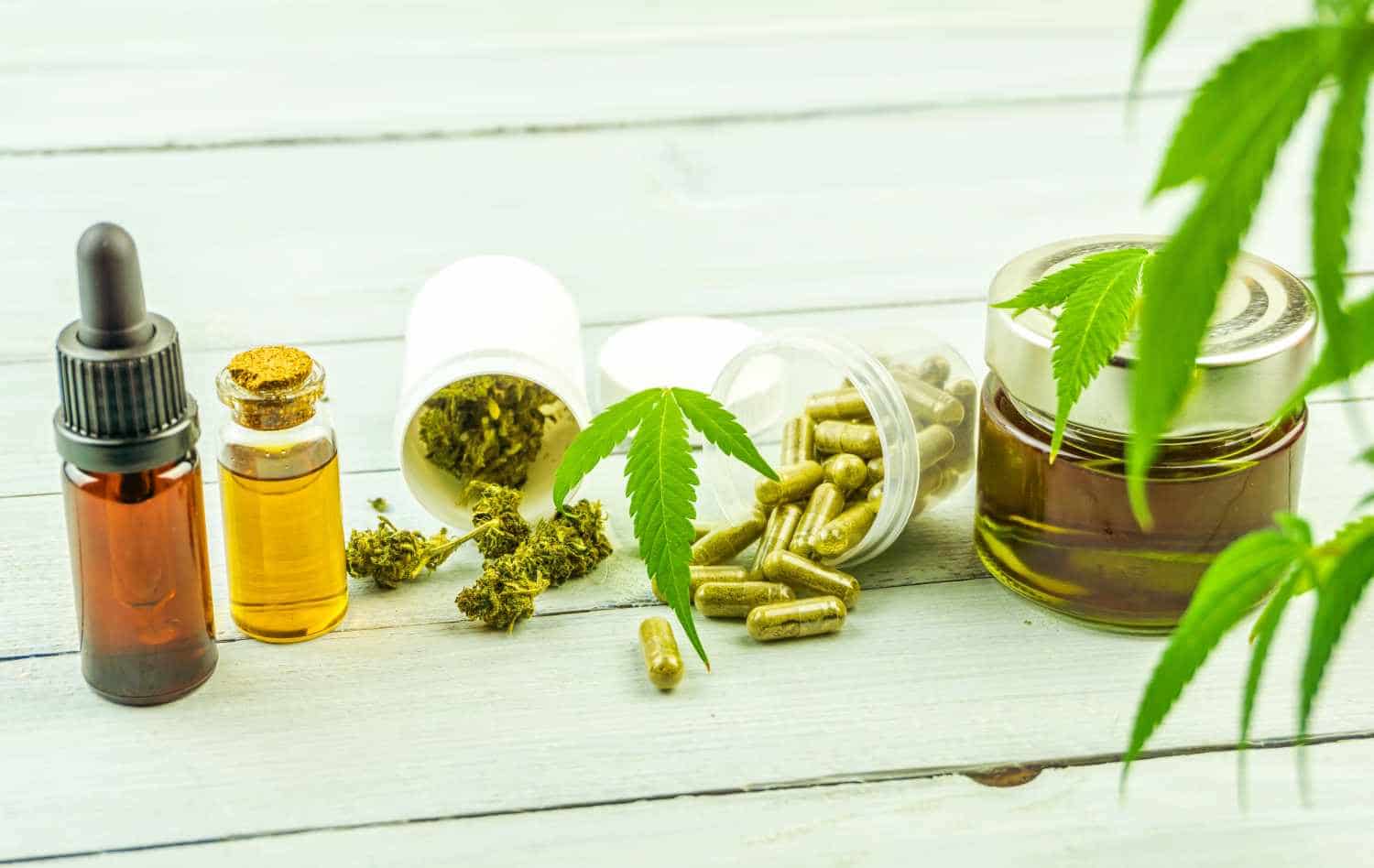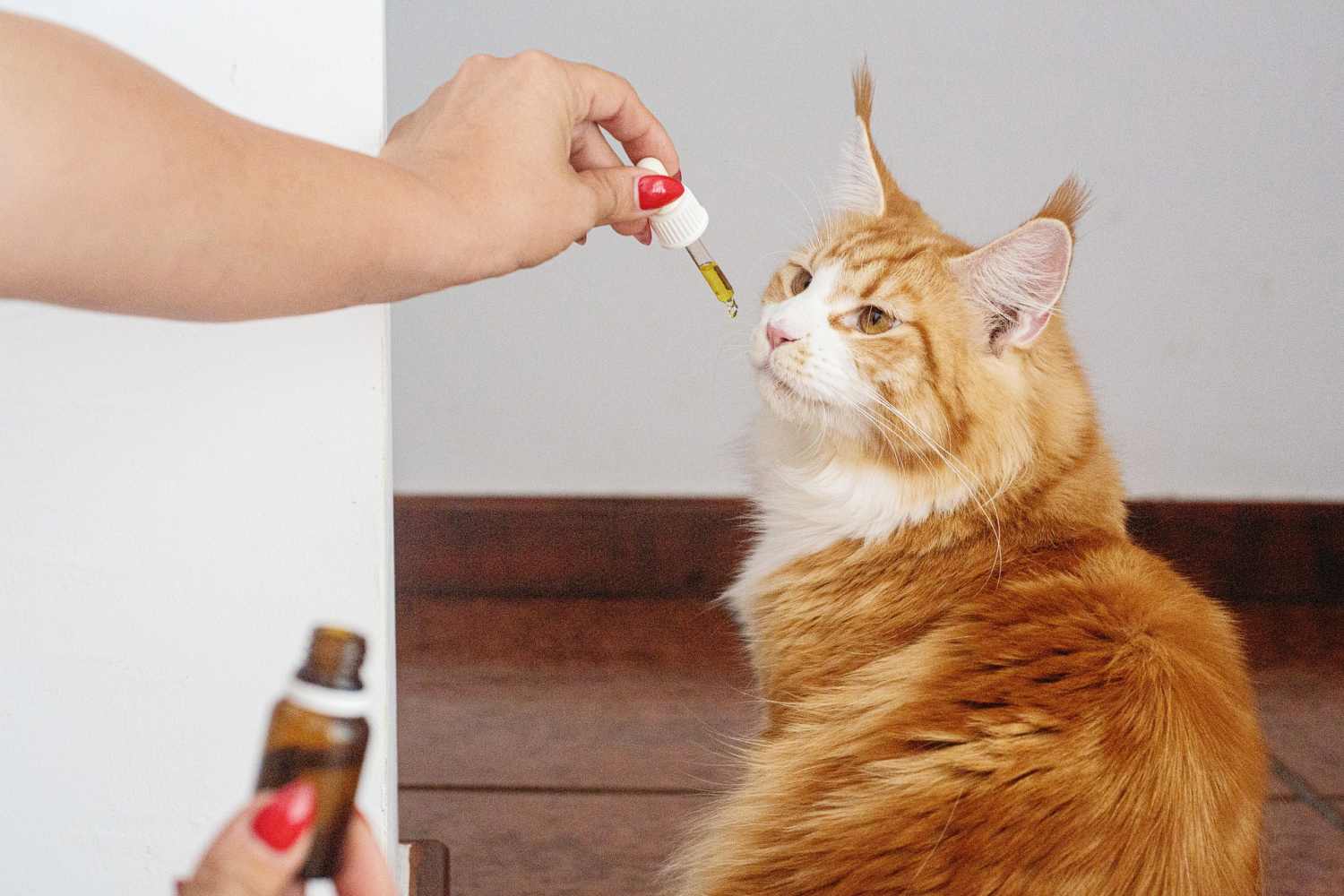10 Home Remedies for Anxiety
Anxiety is the most common form of mental illness in the USA, and one of the highest in the western world, impacting around 18% of the population. While anxiety is very treatable, unfortunately only 36.9% of those experiencing anxiety receive any form of treatment1.
Anxiety can be terrible for the person suffering from it, but the good news is that there are many things a person experiencing it can do on their own and at home, to manage their symptoms, If you are experiencing a serious form of anxiety that prevents you from functioning, it’s probably a good idea to see a professional. But, if you believe that you’re able to take this monster on by yourself, here are 10 things you can do that can help.
10 Home Remedies for Anxiety
#1 – Exercise It’s a word dreaded by people all over the world, but to the ones it has helped recover from different types of mental illnesses including anxiety, exercise is a savior. Every mental health professional will recommend exercise as something that helps with anxiety, it’s probably the only thing that all psychiatrists and psychologists agree on.
According to Harvard Health, getting your heart-rate up changes your brain chemistry which increases anti-anxiety neurochemicals, including endorphins, serotonin, endocannabinoids and others. Everyone needs a different amount of exercise, and if it’s not something you already do, it’s a good idea to start slow. If you have other health conditions it’s recommended to consult a doctor before starting. But without a doubt, an exercise that gets your heart rate up can be more effective than most anti-depressant and anti-anxiety medications.
#2 – Avoid Alcohol or Drugs This might be counterintuitive for some people, but one of the worst things you can do for yourself if you’re suffering from anxiety is to consume alcohol or use drugs. Having a drink can offer a temporary reprieve from symptoms of anxiety, but that temporary reprieve can and in most cases does, cause anxiety to come back many times stronger.
It’s not only alcohol which is bad for your symptoms, but just about every drug including nicotine and caffeine have this kind of negative impact as well.
#3 – Meditation This one is a little more tricky, and can be more difficult to get into than exercise for some people, but it does work. There are many types of meditation, but the most commonly recommended type for dealing with anxiety and depression is mindfulness.
Mindfulness meditation is very simple, get yourself comfortable and take a seat, close your eyes and pay all of your attention to your breathing. When your mind starts to wander, return your attention to your breathing. Mindfulness meditation really works to help with anxiety and depression, scientists have recently been able to isolate the brain mechanisms behind this in a 2013 study4. But for the meditation to work, it’s something that you have to practice regularly, 10-15 minutes twice a day, once in the morning and once before going to bed is enough for most people.
At the beginning, it could be quite a chore, but after a week most people report some results. After a month, most people say that they can’t imagine their life without it. So if you put in the time, you will get good results.
#4 – Journaling Most of the time our minds are running on autopilot, we’re thinking about the past, about the future, our problems, arguments we’ve had, bills we haven’t paid, social situations we might have not behaved properly at etc. Journaling allows us to direct our thoughts to something specific, and the beauty about journaling is that there are no rules.
Everyone has their own way of journaling, but it really comes down to putting your thoughts onto paper. Many times we might be very anxious about a certain situation, but if we write it out in our journal we may realize that it’s not that big of a deal, or a solution may suddenly present itself. Journaling gives you the opportunity to present your situation from a different point of view than you’ve had in your thoughts.
Journaling also helps with getting to know and understand yourself. If you can’t think of anything to write, don’t worry! Most people can’t think of anything to write at first too. Start by writing how you feel, and let it take you from there.
#5 – Spend Time with Animals This is a no-brainer for anyone who has ever owned a dog or a cat before, they love you unconditionally and go a long way in improving your mood. But there is some hard science behind this as well, according to the Anxiety and Depression Association of America, the role of pets in peoples social networks help manage long term mental health issues, including anxiety, because pets provide a feeling of security, routine and emotional support.
10 Home Remedies for Anxiety
#6 – Time Management Any form of chaos is a trigger for anxiety, and a disorganization is a form of chaos. Having a routine, a plan and executing on them gives you a feeling of direction, security and accomplishment which goes a long way in helping reduce anxiety.
People have known this for as long as humans have been around, that is why there are many sayings about the devil and idle hands. The busier you keep yourself, the less time you’ll have to allow anxiety to exist in your life.
#7 – Cleanliness Clutter and disorganization can trigger feelings of anxiety and depression. Having a clean and organized environment around you helps create a calm atmosphere. Here are some negative effects of clutter in your life5:
* Overstimulates our system, causing our senses to work overtime.
* Takes our attention away from what we really should be focusing on.
* Makes it more difficult both physically and mentally to relax.
* Can create feelings of embarrassment and guilt, especially if someone comes by our home unexpectedly.
* Creates frustration by making it hard to find the things we’re looking for.
#8 – Aromatherapy Certain scents work better than others, but stress and anxiety can be eased by smelling plant oils. According to a 2016 study6, certain plant oils can improve a person’s emotional and spiritual condition. The 10 most commonly recommended oils for anxiety relief are:
* Bergamot Orange
* Lavender
* Lemon
* Sage
* Chamomile
* Rose
* Frankincense
* Patchouli
* Ylang ylang
* Neroli
#9 – CBD OIL (Cannabidiol) CBD oil has been all the rage over the past few years, and seems to be advertised as a cure for everything from minor ailments to serious illnesses. So is there any hard science behind the marketing hype? According to the National Institute on Drug Abuse7, there are therapeutic effects for anxiety of CBD oil. Even though CBD oil contains little if any THC (The active ingredient in marijuana), it’s a good idea to see your doctor regarding dosage, especially if you’re taking any other medications.
#10 – Herbal Teas Teas are a great idea for helping with your anxiety, not only because of the direct effect on the brain the tea can have, but the making and drinking of tea can also be a calming ritual. The 7 most commonly recommended teas for anxiety are:
* Ashwagandha
* Chamomile
* Valerian Root Tea
* Lavender
* Passionflower
* Turmeric & Honey
* Lemon Balm Tea It’s a good idea to give any or even all of these steps a try
. Reducing your anxiety without pharmaceuticals may take a bit longer and require a little more effort, but the results can be more permanent and healthier. It’s important to remember that anxiety can be a debilitating disorder, and if you’re not able to manage anxiety on your own, then please see a mental health professional as soon as possible.
Related Home Remedy Searches:
natural remedies for anxiety and depression, natural medication for anxiety, natural herbs for anxiety, natural cures for anxiety, natural anxiety relief, natural anxiety medicine, natural anti-anxiety, homeopathy for anxiety, homeopathic remedies for anxiety, herbs for anxiety, herbal supplement for anxiety, herbal remedies for anxiety, genexa stress relief, best herbs for anxiety, natural anxiety supplements, anxiety treatment at home, anxiety remedies over the counter,
natural supplements for anxiety and depression, instant anxiety relief medication, natural remedies for anxiety and paranoia, anxiety treatment without medication, supplements for anxiety and depression, supplements for anxiety and stress, natural supplements for anxiety and stress, vitamins for anxiety and depression, vitamins for anxiety and panic attacks, anxiety treatment options, alternatives to anxiety medication, best treatment for anxiety, home remedies for anxiety, natural anxiety remedy, herbal anti-anxiety, anxiety remedy,
Anxiety References and Anxiety Information
* According to the Anxiety and Depression Association of America https://adaa.org/about-adaa/press-room/facts-statistics
* Harvard Health https://www.health.harvard.edu/blog/can-exercise-help-treat-anxiety
* A scientific study named:Is Exercise a Viable Treatment for Depression https://www.ncbi.nlm.nih.gov/pmc/articles/PMC3674785/
* Psychology Today https://www.psychologytoday.com/us/blog/the-athletes-way/201306/how-does-meditation-reduce-anxiety-neural-level
* Psychology Today https://www.psychologytoday.com/intl/blog/high-octane-women/201203/why-mess-causes-stress-8-reasons-8-remedies
* National Institute of Health https://www.ncbi.nlm.nih.gov/pmc/articles/PMC5111093/
* National Institute on Drug Abuse https://archives.drugabuse.gov/testimonies/2015/biology-potential-therapeutic-effects-cannabidiol
* Read Also: https://homeremediesapp.com/10-home-remedies-for-anxiety-attack/

